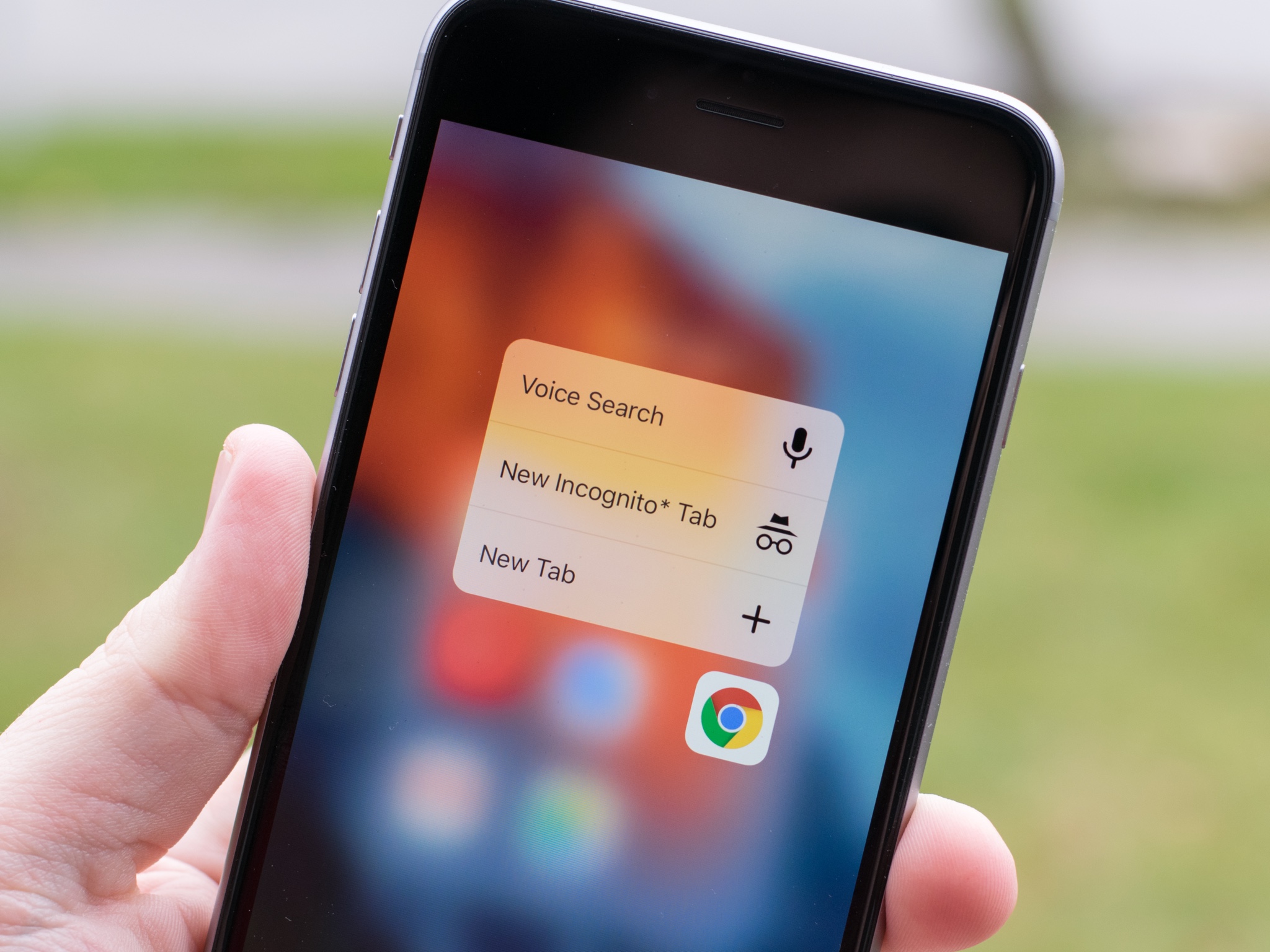Apple sets iOS 14 default browser changes in motion with new developer guidelines

What you need to know
- Apple will let users change their default browsers and mail apps for the first time ever in iOS 14.
- Apple has released new developer guidelines outlining the requirements that need to be met.
- This should pave the way for new alternatives to Mail and Safari as default apps on iOS.
Apple has shared its new developer guidelines regarding how to create a third-party app that can be used as a default in iOS 14.
In the new guidelines Apple notes a big upcoming change to iOS 14, letting users select their default web browser or email app. If developers want their app to be a choice, they'll have to meet certain criteria. From the guide:
The system invokes the default web browser in iOS whenever the user opens an HTTP or HTTPS link. Because this app becomes the user's primary gateway to the internet, Apple requires that web browsing apps meet specific functional criteria to protect user privacy and ensure proper access to internet resources.
Apps will need to contact Apple to get signing permission from Apple to use the 'com.apple.developer.web-browser' managed entitlement, which will denote that the app can be used as a default web browser.
There are other requirements, however. Some are more technical, for example, apps can't use UIWebView, they must be fully-fledged browsers in their own right. Other requirements, however, concern the user experience. On launch, an app "must provide a text field for entering a URL, search tools for finding relevant links on the internet, or curated lists of bookmarks." And there's more:
The app must navigate directly to the specified destination and render the expected web content. Apps that redirect to unexpected locations or render content not specified in the destination's source code don't meet the requirements of a default web browser.
There are also some less comprehensive guidelines for the default email apps. As with browsing, Apple notes that "since email is a critical avenue for communication, Apple requires that email apps must meet specific functional criteria aimed at ensuring private and accurate access for users." The initial guidance here is a lot more basic however, requirements include being able to send a message to "any valid email recipient" and being able to "receive a message from any email sender."
Master your iPhone in minutes
iMore offers spot-on advice and guidance from our team of experts, with decades of Apple device experience to lean on. Learn more with iMore!

Stephen Warwick has written about Apple for five years at iMore and previously elsewhere. He covers all of iMore's latest breaking news regarding all of Apple's products and services, both hardware and software. Stephen has interviewed industry experts in a range of fields including finance, litigation, security, and more. He also specializes in curating and reviewing audio hardware and has experience beyond journalism in sound engineering, production, and design. Before becoming a writer Stephen studied Ancient History at University and also worked at Apple for more than two years. Stephen is also a host on the iMore show, a weekly podcast recorded live that discusses the latest in breaking Apple news, as well as featuring fun trivia about all things Apple. Follow him on Twitter @stephenwarwick9
